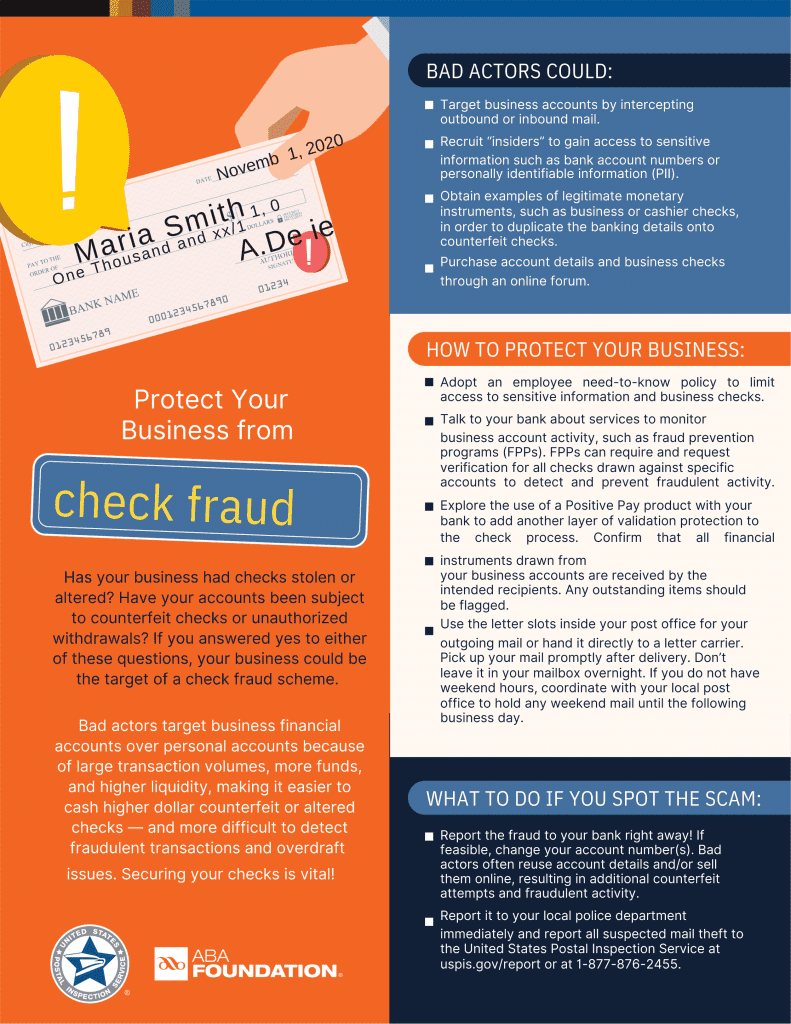
Black Friday/Cyber Monday Scams
The holiday deals have already begun, but not all those great deals you see online are legit. The start of the online holiday shopping season means that online scams intensify with it. Here are the two simple steps you can take to stay a step ahead of the online Grinch this holiday shopping season.
Type – don’t click. The safest place to shop online is with retailers you trust by using their app or typing their web address into your browser rather than clicking on a link from a text, email, or online ad. Also, know that any unbelievable deal a social media friend messages you about is truly not to be believed. Fraud criminals are experts at hacking social media accounts and one of the first things they do is send out fake offers to a victim’s friends and family.
Solar Sale Scams
The sun might be shining on solar energy, but buyers beware – costly solar panel scams could leave you in the dark with massive loans and higher bills. Here’s what you need to know to stay in the light against this scam.
The sales pitch often starts with a solar salesperson knocking on the front door, calling on the phone, or connecting on social media, offering promises of lower energy bills, reduced emissions, and increased resale value. They’ll likely push a special deal – but only if you sign right away.
Be suspicious and don’t share sensitive personal information with anyone who calls, emails, or visits you out of the blue promoting a solar panel deal, and always read the fine print before signing any document. Know that the government does not have any program that installs solar panels on the houses of Americans for free. If you are interested in solar, research providers, get multiple estimates, and check for complaints and issues with installation companies by visiting the Better Business Bureau national business directory at bbb.org/search.
The Latest on Veteran Scams
Fraud cost veterans, service members, and their families $477 million in 2023, according to the latest Federal Trade Commission (FTC) data, and this only includes fraud that was reported. With over 85% of veterans having encountered service-related scams in the last 12 months, now is a great time to review some of the most prevalent scams targeting current and former service members.
Scammers employ vet-focused twists on impersonation scams, investment fraud, and more. Criminals frequently impersonate the VA, often threatening to cut off benefits if you don’t provide sensitive personal information or pay bogus fees. They may also contact you about investment opportunities, with low fees or special offers just for veterans. They may also claim to be a veteran themselves.
The White House along with the VA unveiled new fraud prevention resources for veterans. Visit Vsafe.gov online or reach out to the new call center at 833-38V-SAFE (833-388-7233),
Medicare Open Enrollment Scams
It’s open enrollment season, which also means it’s Medicare fraud season. Eligible beneficiaries have from October 15–December 7 to shop around and make changes to their Medicare health and Part D prescription drug plans. Unfortunately, some of the deals offered won’t be deals at all.
Just like in other years, Medicare scams spike during open enrollment season with criminals posing as insurance providers calling and emailing about free gifts or limited-time offers. These scams are all designed to steal your money, Medicare information, or your identity.
Be suspicious and don’t share sensitive personal information with anyone who calls, emails, or visits you out of the blue promoting a Medicare plan. Legitimate Medicare plans can only contact you if you’ve requested information or if you have an existing relationship with them. Beneficiaries can safely compare legitimate plans and change enrollment by going to medicare.gov or by calling 800-633-4227.
Tech-Support Scams
Tech support is calling – but should you answer? One might think that a crime like the tech support scam, which has been around for over 15 years, might fade away, but it is more common than ever.
These scams start with an unsolicited phone call or a pop-up alert on your device, claiming to be from Microsoft, Norton, or another related company warning of grave problems. The goal is to persuade you to grant remote access to your device, after which they’ll claim to find something terrible. In reality, these criminals are likely trying to install malware, which enables them to steal personal information and account logins. They may also pressure you into paying for expensive (and fake) repairs or protection services.
If you receive an urgent phone call or a sudden, alarming pop-up, it’s almost certainly a scam. Don’t engage, and to rid your screen of the message, exit out of your browser or restart your device. Keeping your operating systems and security software up to date is an important way to keep real viruses and malware out.
AARP Fraud Watch Network™ is a free resource for all. Learn how to proactively spot scams or get guidance if you’ve been targeted. Visit aarp.org/fraudwatchnetwork or call our dedicated helpline to speak to a fraud specialist at 877-908-3360.


